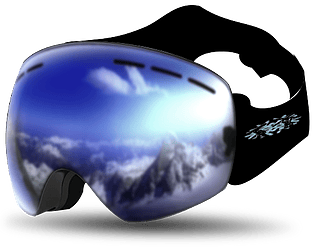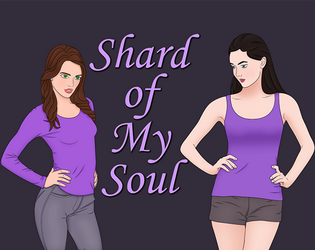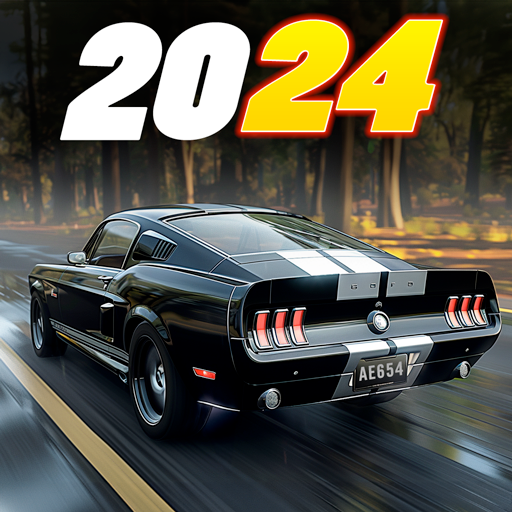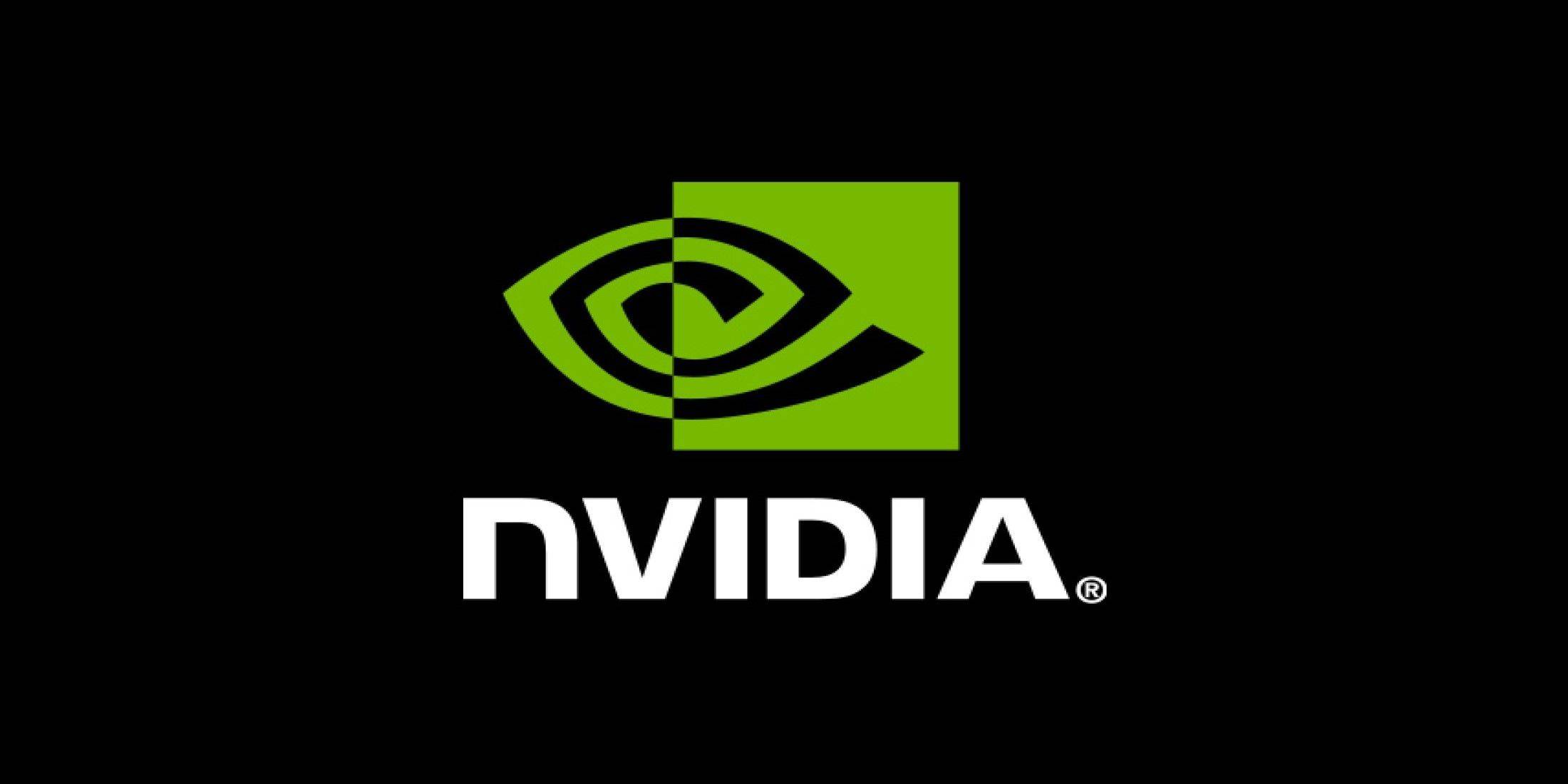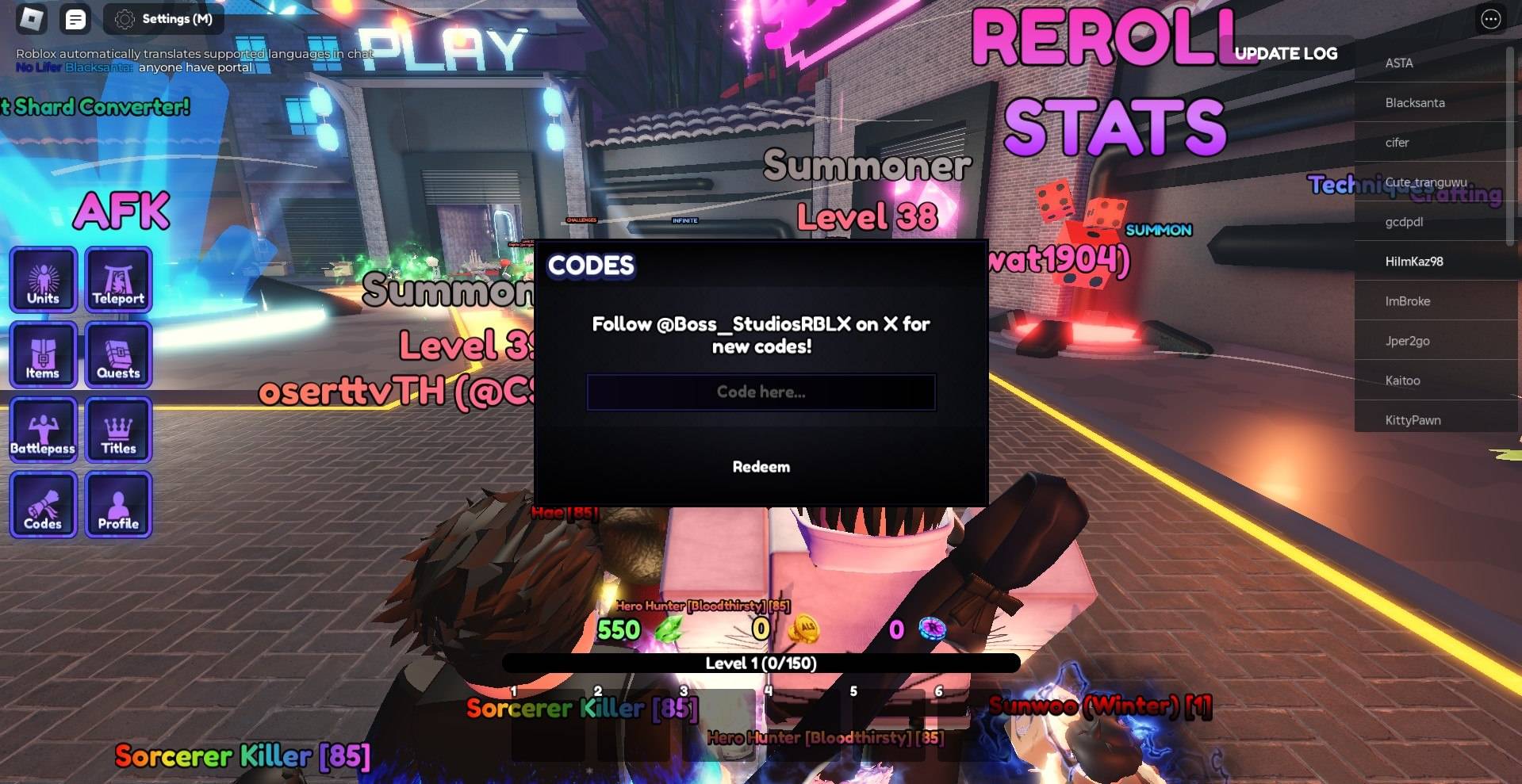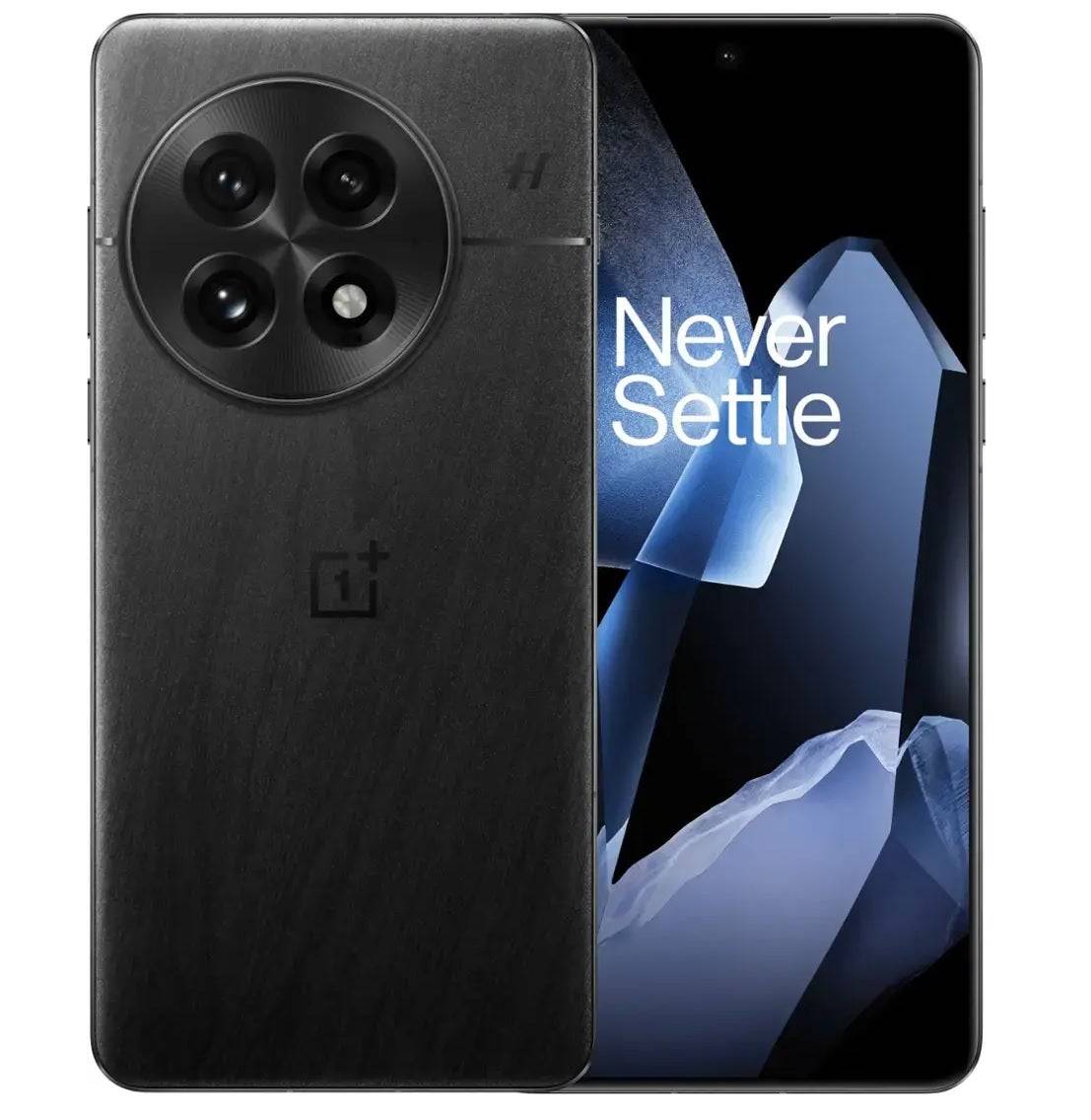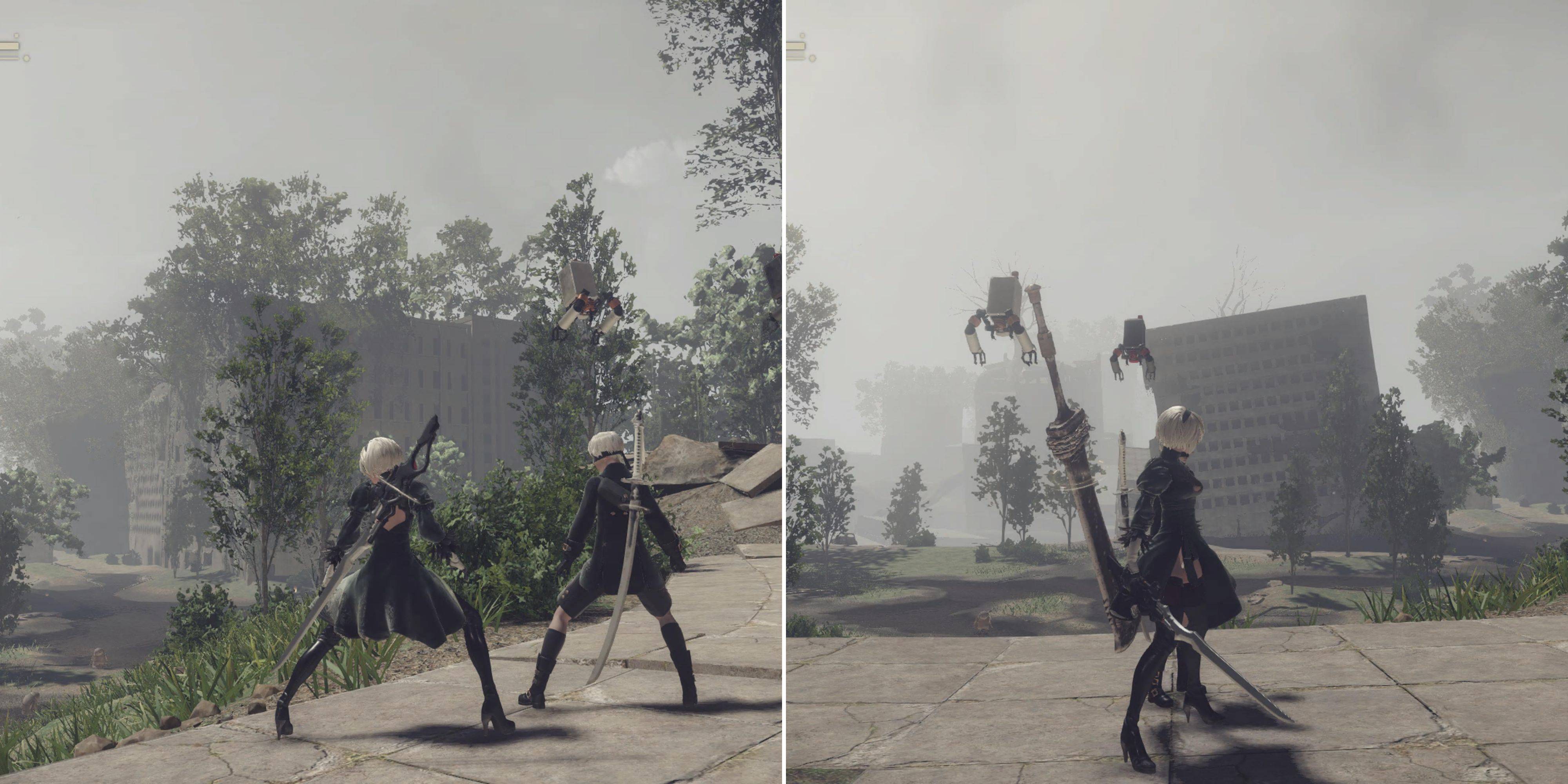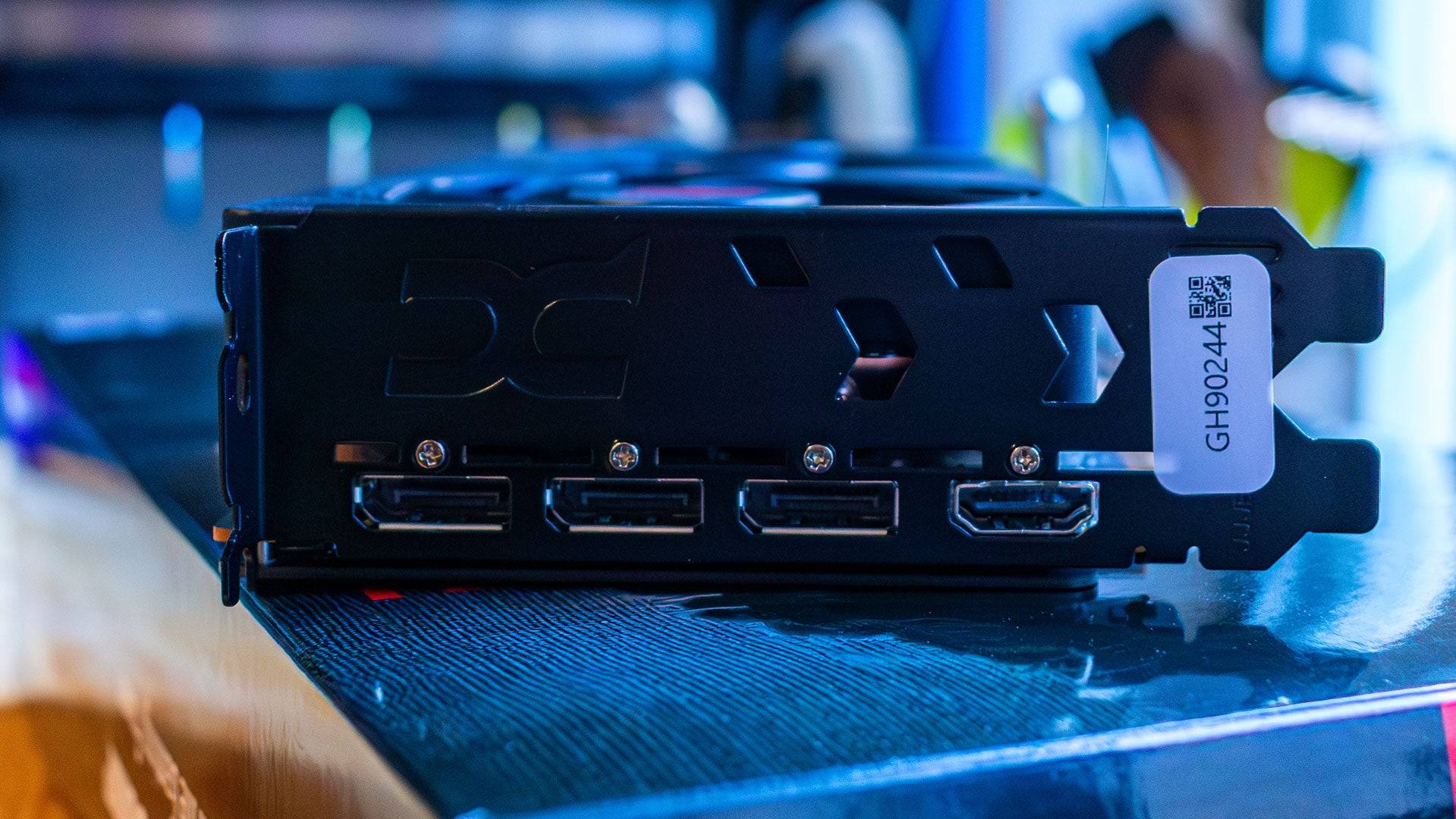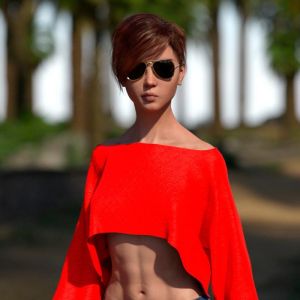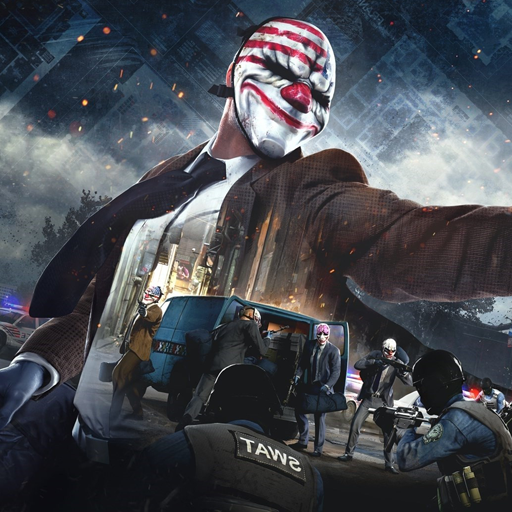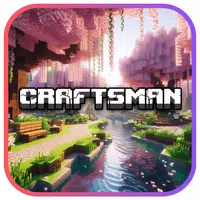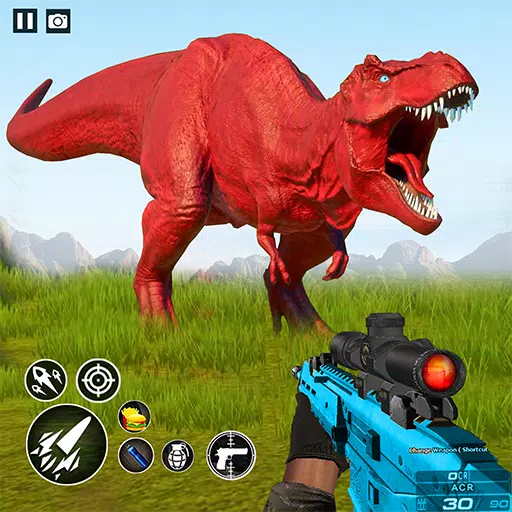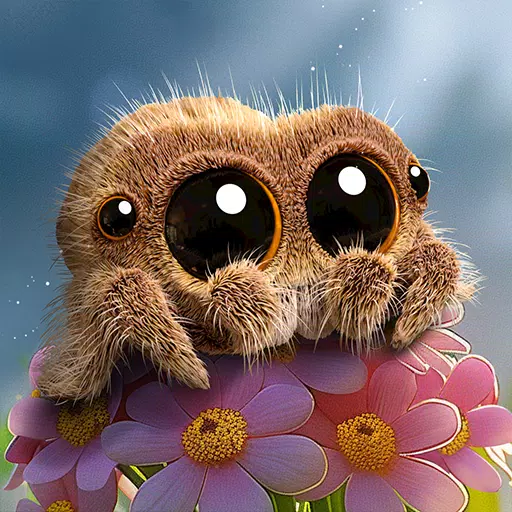ChatGPT Maker Suspects China’s Dirt Cheap DeepSeek AI Models Were Built Using OpenAI Data — and the Irony Is Not Lost on the Internet
The emergence of DeepSeek, a Chinese AI model, has sparked significant controversy and financial turbulence in the U.S. tech industry. Suspicions that DeepSeek was developed using data from OpenAI, the creators of ChatGPT, have been raised by the company itself. This week, former President Donald Trump labeled DeepSeek as a "wake-up call" for the U.S. tech sector, especially after Nvidia, a dominant player in the GPU market essential for AI models, experienced a staggering $600 billion drop in market value. Nvidia's shares plummeted by 16.86%, marking the largest loss in Wall Street history. Other tech giants like Microsoft, Meta Platforms, and Google's parent company Alphabet saw declines ranging from 2.1% to 4.2%, while AI server maker Dell Technologies fell by 8.7%.
DeepSeek's R1 model, which claims to be a cost-effective alternative to Western AI offerings, is built on the open-source DeepSeek-V3. This model reportedly requires significantly less computing power and was allegedly trained for just $6 million. Despite disputes over these claims, DeepSeek's impact has led to questioning of the substantial investments American tech companies are making in AI, causing investor unease. The model quickly rose to the top of the most downloaded free app chart in the U.S., fueled by discussions about its effectiveness.
Bloomberg reported that OpenAI and Microsoft are investigating whether DeepSeek utilized OpenAI's API to incorporate OpenAI's AI models into its own, a practice known as distillation. OpenAI confirmed to Bloomberg that Chinese companies and others frequently attempt to extract data from leading U.S. AI models. Distillation, a method used to train smaller AI models from larger ones, violates OpenAI's terms of service. OpenAI emphasized its commitment to protecting its intellectual property and its collaboration with the U.S. government to safeguard its advanced models from competitors and adversaries.
David Sacks, President Trump's AI czar, told Fox News that there is substantial evidence suggesting DeepSeek distilled knowledge from OpenAI's models. He anticipates that leading U.S. AI companies will take measures to prevent such practices in the coming months.
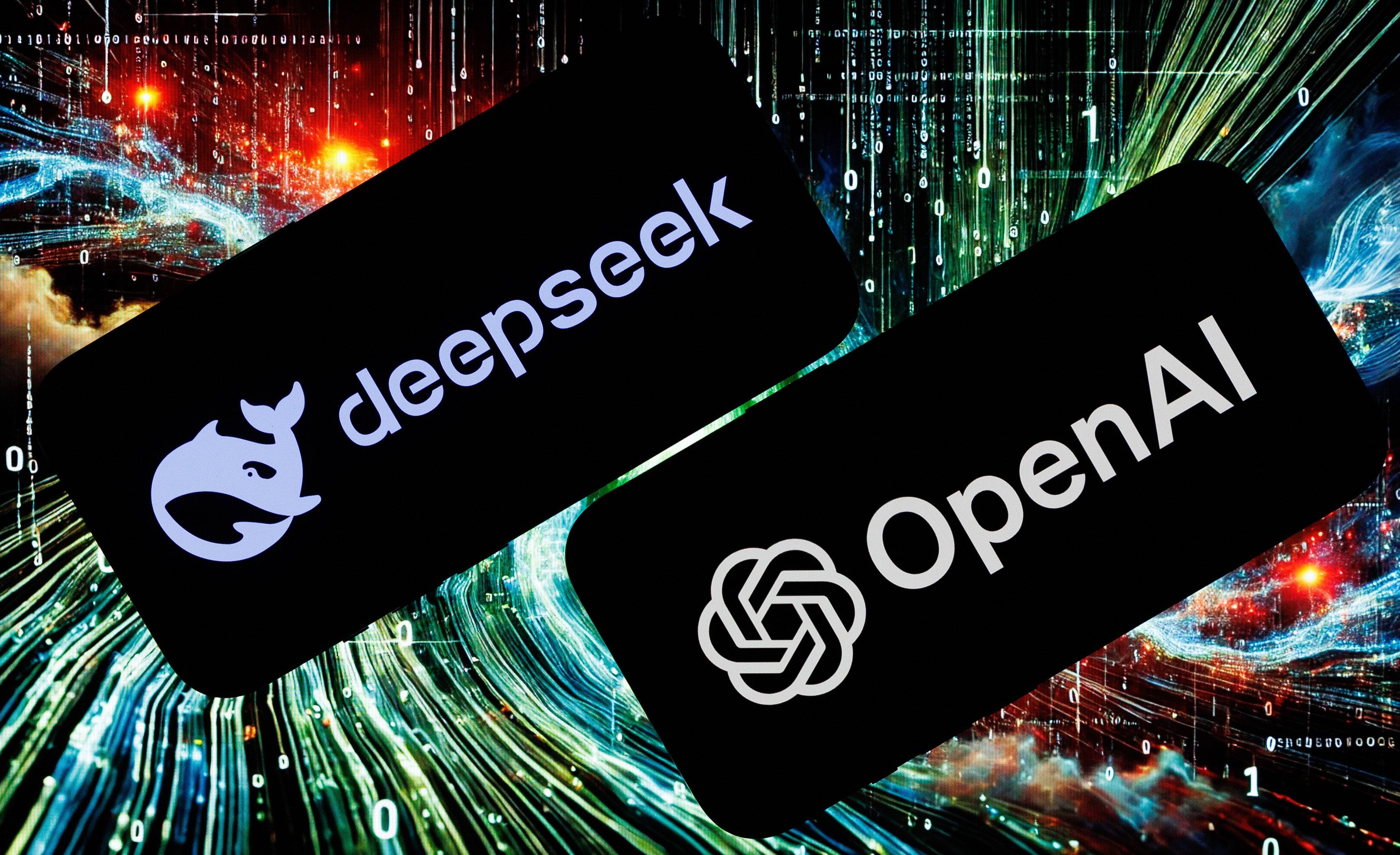
Amidst this controversy, observers noted the irony, pointing out that OpenAI itself has been accused of using copyrighted internet content to develop ChatGPT. Tech PR and writer Ed Zitron criticized OpenAI's stance, calling it hypocritical given their own practices.
In January 2024, OpenAI argued in a submission to the UK's House of Lords communications and digital select committee that creating AI tools like ChatGPT without copyrighted material is "impossible." They emphasized that copyright covers nearly all forms of human expression, making it essential for training modern AI models. OpenAI warned that limiting training data to public domain works would not meet the needs of contemporary users.
The use of copyrighted materials in AI training has become a contentious issue, especially with the rise of generative AI. In December 2023, the New York Times filed a lawsuit against OpenAI and Microsoft for the "unlawful use" of its work. OpenAI defended its practices as "fair use" and maintained that the lawsuit was without merit. This followed a lawsuit by 17 authors, including George R. R. Martin, in September 2023, alleging "systematic theft on a mass scale."
In August 2023, District Judge Beryl Howell upheld a U.S. Copyright Office finding that AI-generated art cannot be copyrighted, reinforcing the importance of human creativity in copyright law. This decision aligns with the Copyright Office's 2018 stance on the necessity of a human connection in creative works for copyright eligibility.
Latest Articles

![1xBet [Updated]](https://imgs.yx260.com/uploads/76/1719623227667f5e3be7616.jpg)

